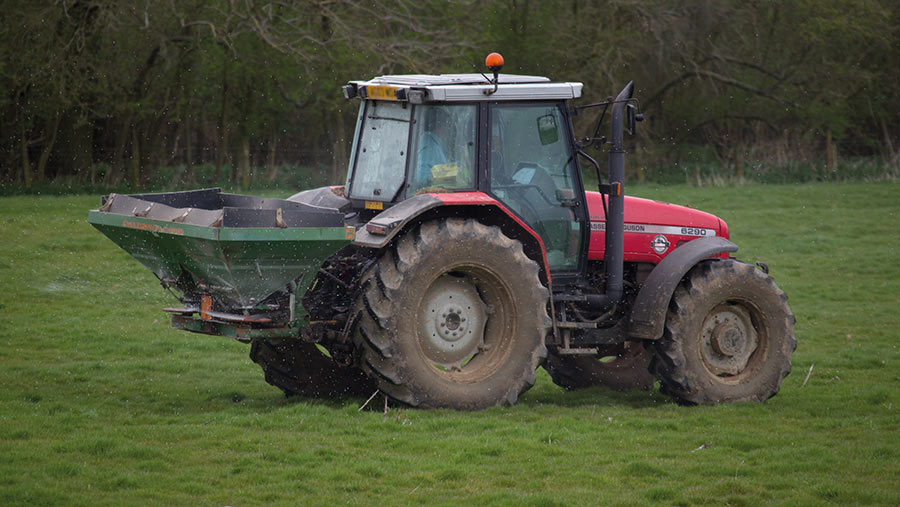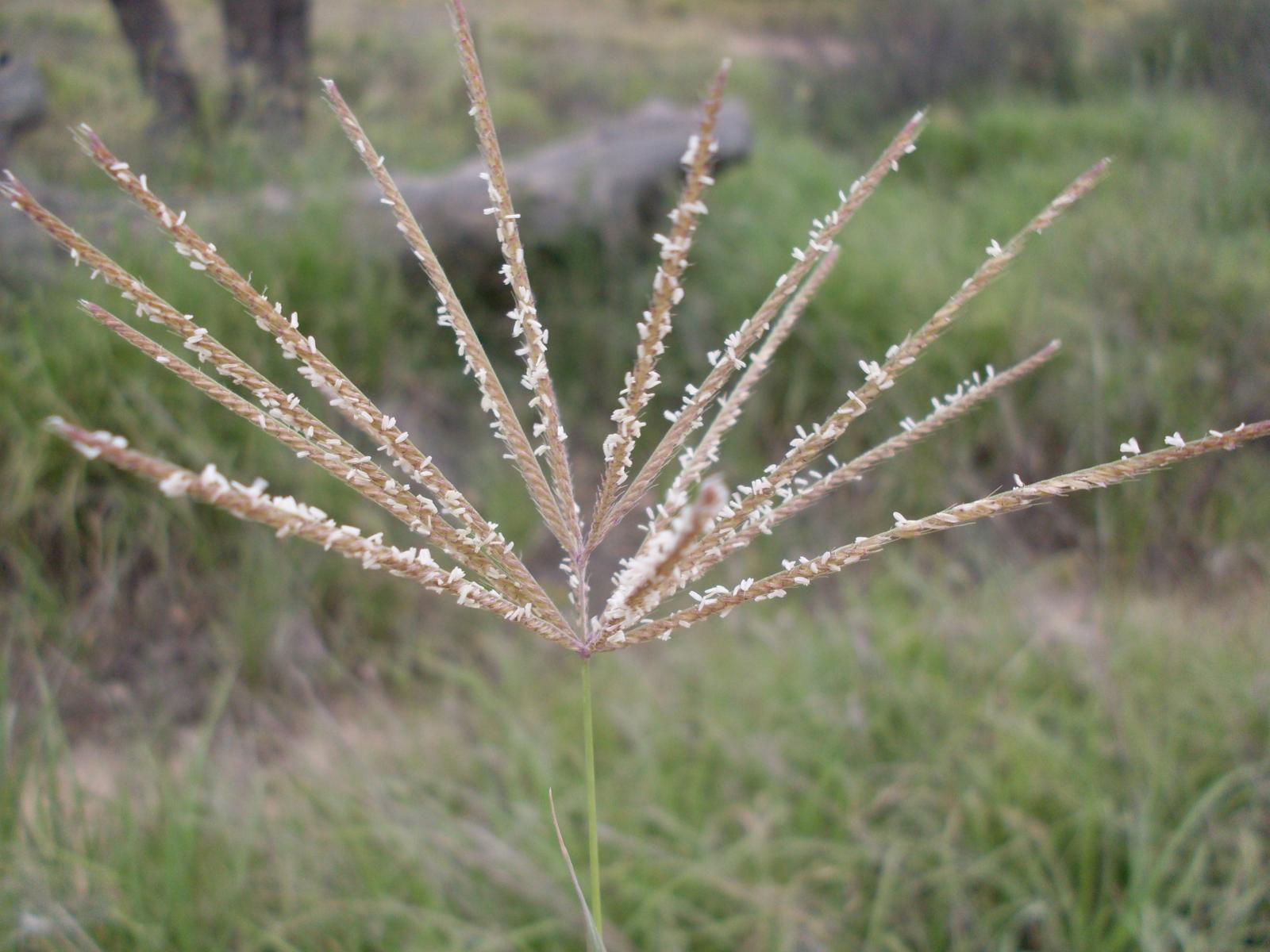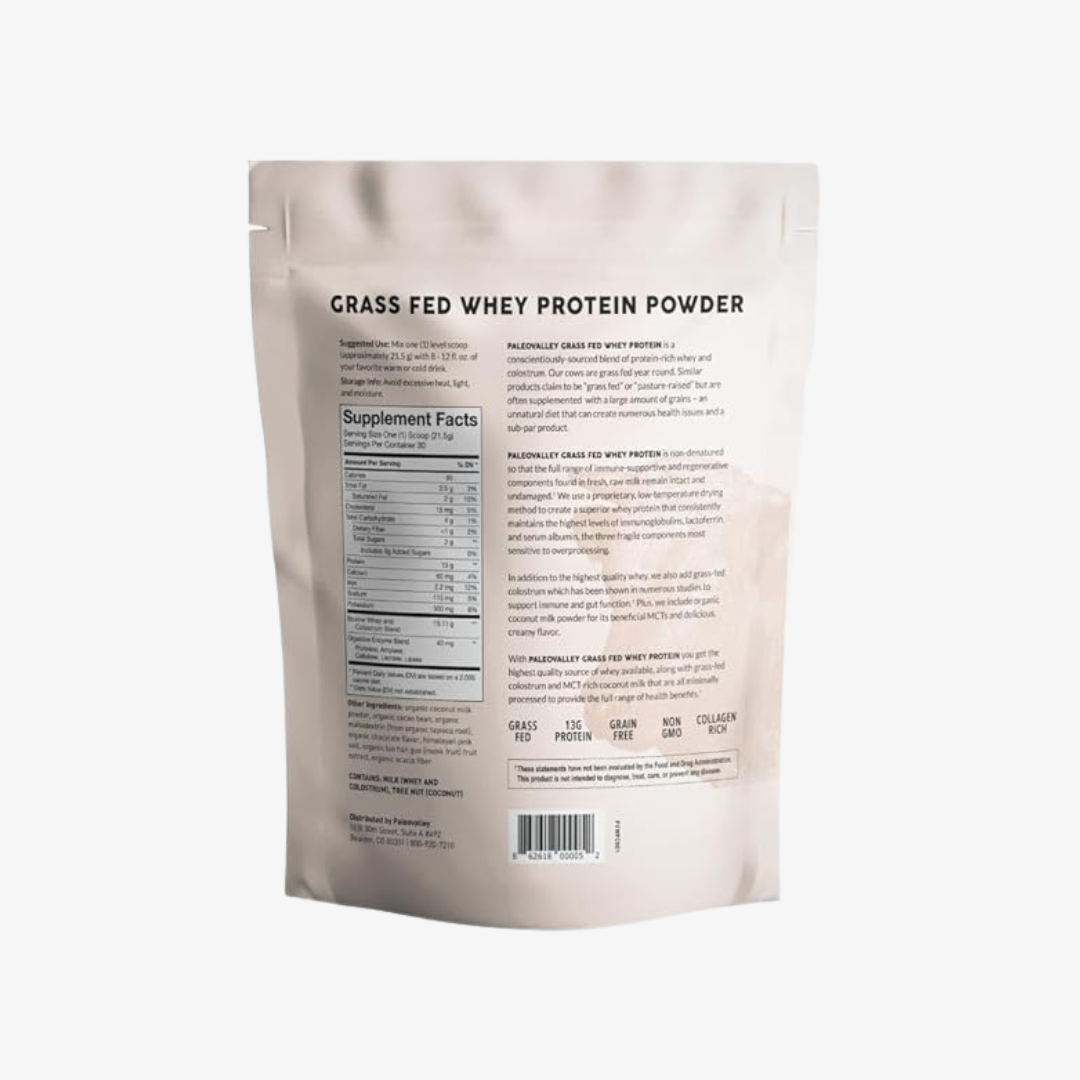Pasture Grass Analysis: Nutritional Content for Your Horse

Understanding the nutritional content of pasture grass is essential for maintaining your horse’s health and performance. This article explores the key components of pasture grass, how to analyze them, and why this knowledge benefits your horse.
Why Analyze Pasture Grass?

Pasture grass is a primary food source for many horses, but its nutritional value can vary widely depending on species, soil quality, and growth stage. Analyzing pasture grass helps you:
- Ensure balanced nutrition
- Prevent deficiencies or excesses
- Optimize feeding strategies
- Support overall equine health
Key Nutritional Components of Pasture Grass
| Nutrient | Role in Horse Health | Typical Range in Pasture Grass |
|---|---|---|
| Crude Protein | Essential for muscle repair and growth | 8% – 20% |
| Fiber (ADF/NDF) | Supports digestion and gut health | 30% – 50% |
| Energy (TDN) | Provides calories for daily activities | 50% – 60% |
| Minerals (Ca, P, Mg) | Important for bone health and metabolic functions | Varies, often balanced |
| Vitamins (A, E, K) | Vital for immune function and reproduction | Present in varying amounts |
Methods of Pasture Grass Analysis
- Sampling: Collect representative grass samples from different pasture areas.
- Laboratory Testing: Send samples to a lab for nutrient profiling.
- On-site Testing: Use portable devices for quick estimates.
Interpreting Results
- Compare nutrient levels to your horse’s dietary requirements.
- Adjust supplemental feeding accordingly.
- Monitor seasonal changes in pasture quality.
Tips for Maintaining Nutritious Pasture
- Rotate grazing areas to prevent overgrazing.
- Fertilize soil based on nutrient deficiencies.
- Manage weeds and invasive species.
- Harvest grass at optimal growth stages.
Frequently Asked Questions (FAQ)
Q1: How often should I test my pasture grass?
A: Ideally, test at least twice a year—spring and late summer—to capture seasonal variations.
Q2: Can pasture grass alone meet all my horse’s nutritional needs?
A: While pasture provides many nutrients, supplementation may be necessary depending on your horse’s workload and health.
Q3: What are signs of poor pasture nutrition in horses?
A: Weight loss, dull coat, poor performance, and digestive issues can indicate nutritional deficiencies.
By regularly analyzing your pasture grass, you can tailor your horse’s diet to ensure optimal health and performance. This proactive approach helps prevent nutritional imbalances and supports your horse’s well-being throughout the year.
